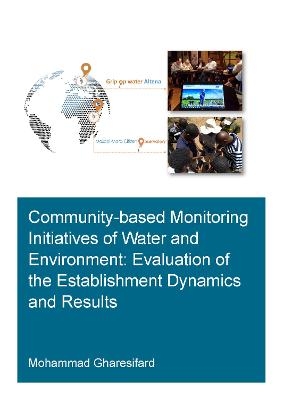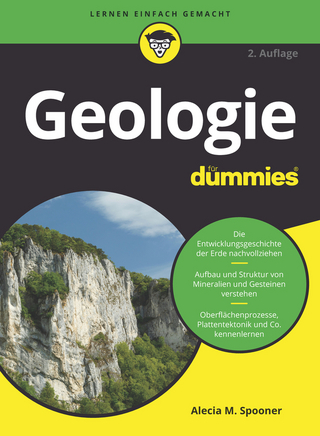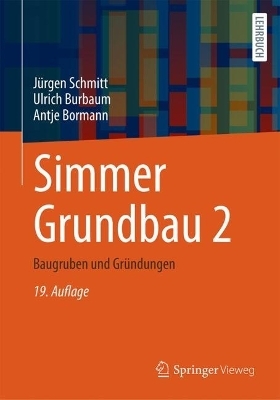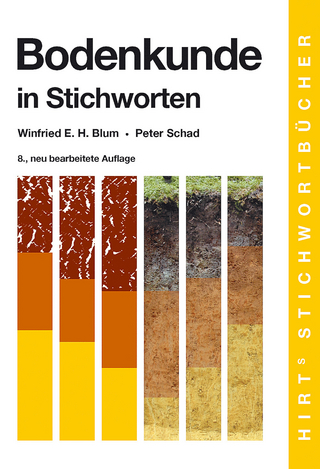
Community-Based Monitoring Initiatives of Water and Environment: Evaluation of Establishment Dynamics and Results
CRC Press (Verlag)
978-0-367-67401-4 (ISBN)
Citizen participation in water and environmental management via community-based monitoring (CBM) has been praised for the potential to facilitate better informed, more inclusive, transparent, and representative decision making. However, methodological and empirical research trying to conceptualize and evaluate the dynamics at play that might enable or hinder these initiatives from delivering on their potential is limited. This research contributed to the conceptualization of CBMs through development of a conceptual framework that is suitable for Context analysis, Process evaluation and Impact assessment of CBMs – the CPI Framework. This conceptualization provides an interpretation of what 'community' means in the context of a CBM initiative. In addition, this research contributed to the existing empirical knowledge about the establishment, functioning and outcomes of CBMs by testing the CPI Framework for studying two real life CBMs throughout the lifetime of an EU-funded project - the Ground Truth 2.0. The first CBM is called Grip op Water Altena that focuses on the issue of pluvial floods in 'Land van Heusden en Altena' of the Netherlands. The second CBM is Maasai Mara Citizen Observatory and aims at contributing to a better balance between biodiversity conservation and sustainable livelihood management in the Mara ecosystem in Kenya.
Mohammad Gharesifard is a postdoctoral researcher at the Department of Hydroinformatics and Socio-Technical Innovation, IHE Delft Institute for Water Education. He has a mixed socio-technical background in Water Resources Management and more than 12 years of combined experience in industry and academia. His work experience in industry includes more than seven years of consultancy and project management work in water and sanitation projects. Since 2014 he has been conducting research in the context of a number of EU-FP7 and Horizon 2020 research & innovation projects, including WeSenseIt, Ground Truth 2.0, WeObserve and MICS. Mohammad is interested in studying social, institutional and political aspects of water management, drivers and barriers for stakeholder participation in Citizen Science projects, and factors that affect the establishment, functioning and outcomes of Citizen Science initiatives.
Introduction, Literature review and conceptual framework, Methodology, Results and discussion of the Dutch case study: Grip op Water Altena, Results and discussion of the Kenyan case study: Maasai Mara Citizen Observatory, Cross case analysis, Conclusions, References, Annexes.
| Erscheinungsdatum | 17.11.2020 |
|---|---|
| Reihe/Serie | IHE Delft PhD Thesis Series |
| Verlagsort | London |
| Sprache | englisch |
| Maße | 170 x 240 mm |
| Gewicht | 421 g |
| Themenwelt | Naturwissenschaften ► Geowissenschaften ► Geologie |
| Naturwissenschaften ► Geowissenschaften ► Hydrologie / Ozeanografie | |
| Technik ► Bauwesen | |
| Technik ► Umwelttechnik / Biotechnologie | |
| ISBN-10 | 0-367-67401-7 / 0367674017 |
| ISBN-13 | 978-0-367-67401-4 / 9780367674014 |
| Zustand | Neuware |
| Informationen gemäß Produktsicherheitsverordnung (GPSR) | |
| Haben Sie eine Frage zum Produkt? |
aus dem Bereich


